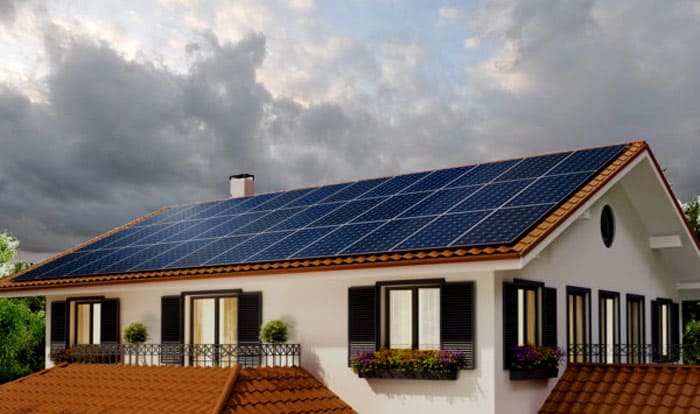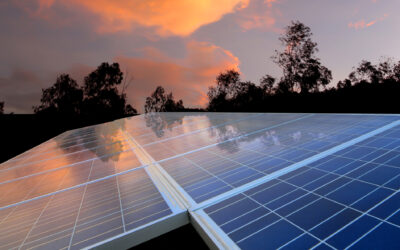When Should You Upgrade Your Solar System?
Most of the time, a solar system will be functional and efficient for a long period of time with no need to upgrade or make changes. However, there are a few things to consider when thinking about upgrading your system to decide if it’s really necessary.
Does your current system meet your demand?
Are you using more power than you’re making? Or, maybe you’re making just enough to cover your use. It might be time to upgrade or add more panels to your existing system. Depending on the problem you’ve got, it might be worthwhile to upgrade to more efficient inverters and panels or increase the number of panels in your system to keep up with demand.
Is your system in-line with current state guidelines?
Depending on where you live, the performance of your solar system can sometimes be below the state guidelines on ideal production. For cities that experience more sunlight hours, you’d expect a higher output of energy in-line with state recommendations.
Do you have space for more solar panels?
Depending on the size of your home, you might not be in a position to increase the number of solar panels on your property. If you’re facing an issue with output or generation of solar, your solution may be as simple as installing ground mounted panels to increase your surface area and output.
Is your current system in need of a quality upgrade?
Maybe you went for budget over quality in your first solar system install and it has gotten you through, but just isn’t the quality you’d hoped for. Solar panels generally last for around 25 years, but it’s always a good idea to keep the quality in mind when deciding on an installer and provider. While adding panels is always an option, it can cause more problems than solutions if you’re installing new panels that aren’t the same output or efficiency as your current array.
Is your inverter in good nick?
Inverters are the key to a great system that both functions well and stands the test of time. Oftentimes, an inverter will begin to fail at around 10 years and if you’ve had your system for a while and you’re noticing some lacklustre performance, that could be your issue! The inverter you have is also dependent on the size of your system and its output capacity so if you’re considering adding on any new panels, your inverter needs to be optimised too.
Overall, there’s a lot to consider when you start wondering if your solar system is in need of an upgrade. It’s always best to consult an expert to find out exactly what you need and when you’ll need it. PowerSmart Solutions offers consultative services and checks in to make sure you’re getting the most out of your solar system.
Related Posts

Solar Power and Sunlight: What Happens On Cloudy Days?Reduce Carbon Emissions With Solar Power
It’s without question that solar panels work their best when in direct exposure to the sun. In fact, the beauty

Reduce Carbon Emissions With Solar Power
With many every-day living costs on the rise for home and business owners, investing in solar panels is a clever

Rooftop Rumours: Busting the Top Six Myths about Solar Power
1. As technology improves, solar panels will become cheaper, so I should wait to buy mine While in recent years,
